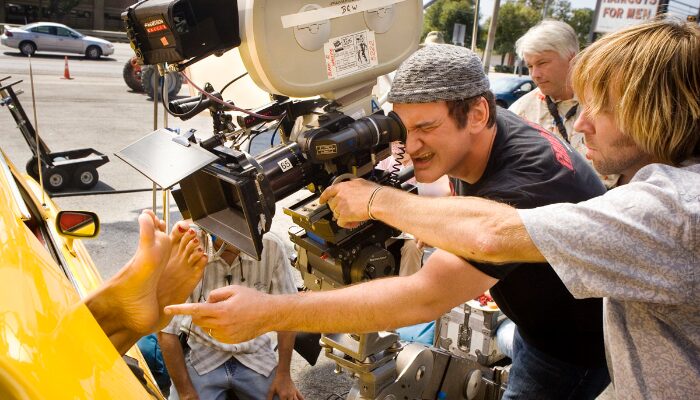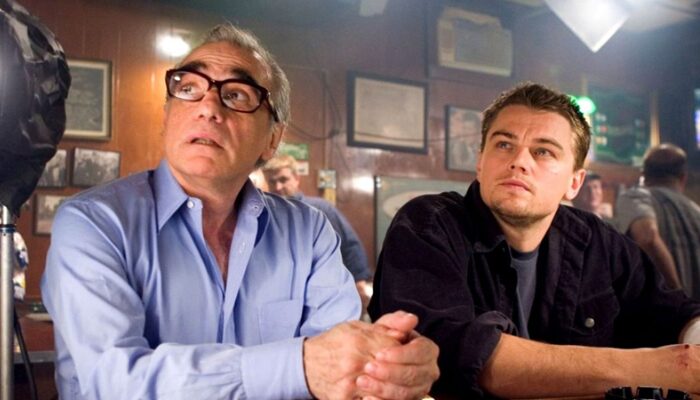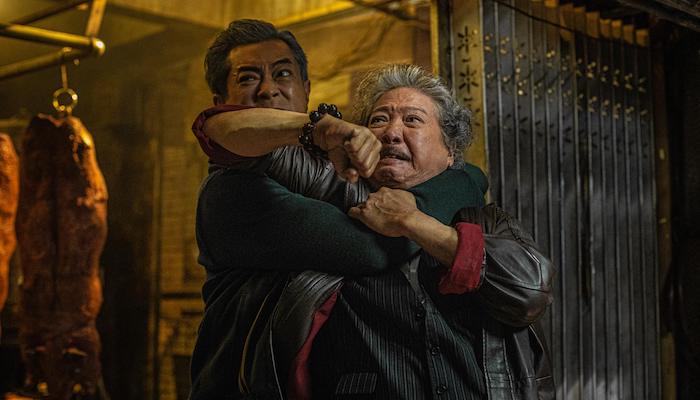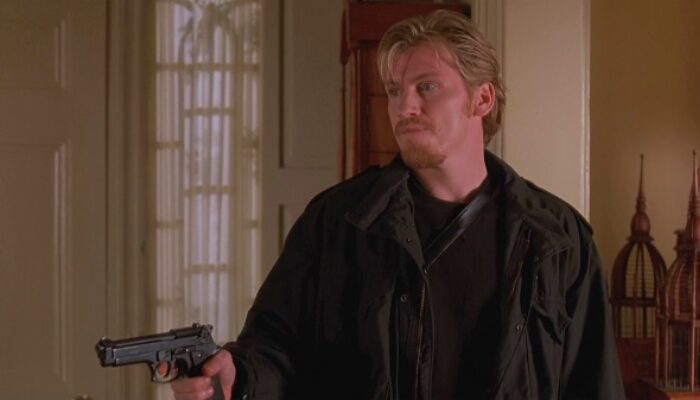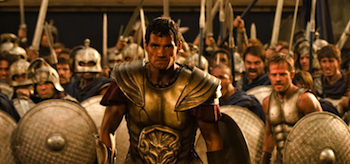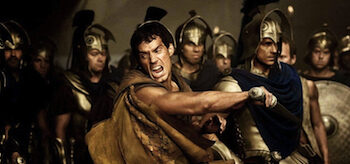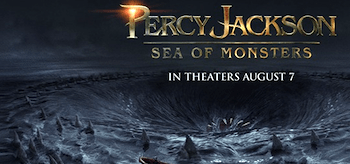Film Review: IMMORTALS (2011): Henry Cavill, Mickey Rourke
Immortals (2011) Film Review, a movie directed by Tarsem Singh and starring Henry Cavill, Mickey Rourke, Kellan Lutz, Freida Pinto, John Hurt, Joseph Morgan, Isabel Lucas, Robert Maillet, Stephen McHattie, Corey Sevier, Greg Bryk, Alan Van Sprang, and Steve Byers.
Immortals is a film whose scope, grandeur, effects, and structure settle it between 300 and Clash of the Titans (2010), with elements that make it better in a few areas than both films (an extremely minor and effortless feat in the case of Clash of the Titans).
If the Gods had been represented in 300, I imagine they would be very similar if not identical to the ones portrayed in Immortals: superior human specimens, not the antics housed in gilded body armor in Clash of the Titans (meant to protect them from what and whom? Their Gods.) In Immortals, this question has a credible answer.
King Hyperion (Mickey Rourke) is imbued with the best dialogue in Immortals, speaking with confidence, menace (e.g. the speech he gives to the traitor Lysander [Joseph Morgan] before he “welcomes” him into his service), and certainty and because of that, is the focal point of many if not all of the scenes he is in.
The rusted, bronze palette of the film ameliorates this Hellenistic period-piece film (Greek is spoken briefly throughout, think Outlander), as does the Olympus CGI, setting up a chess (or cyvasse) board and observation center between the Gods and the mortal world below. The art design in Immortals is luxurious, glimmering with decadence but why do all the Titans look the same? The art design is fantastic in the film but the Titans were Gods once, individuals, so why do they look as though they were created on Kamino?
Immortals is full of such contradictions, rules broken by the very characters that set them up, common sense blunders, and deleterious shenanigans that stab and bludgeon to its knees what was otherwise a good narrative.
The virgin oracle Phaedra (Freida Pinto) gives up her “future sight” power before Hyperion is defeated for what reason? Her power could have aided Theseus (Henry Cavill) and later the Hellentic army. She knew battle was to be joined soon, if not where and when. Why give up the “future sight” advantage for meaningless sex with someone you just met? Her temple sisters gave up their freedom to make sure she and her power were safe. Why not wait until after the crisis was over before throwing away your singular gift? Phaedra is praying in a temple in the third act of Immortals for guidance and strength yet gave up the very power in the second act that was the answer to them.
The interplay between the Gods is minor in Immortals but it is there, unlike in Clash of the Titans where inexplicably it was decided that it should all but be erased. A strong narrative voice was also deleted from Clash of the Titans. That is not the case with Immortals. Though Immortals‘s voice is not as masculine or as potent as the one in 300, it does effectively frame the story and keeps it moving.
There is an inventive use of mythology-made-real in Immortals (e.g. The Maze and The Minotaur). Its not heavy-handed (The Minotaur is called The Beast [Robert Maillet] and is a human wearing a see-thru bull’s head). It glides, is made plausible, and does not possess the artificiality the viewer may be expecting. Between the Gods there are quite moments, tenderness. The Gods are not Q, aloof, or possessed of righteous indignation. They are balanced. There is even a battle between myth and reality in Immortals, both figuratively (the third act of the film) and literally (Acts 1-3). It is an intriguing subtext, one that is still prevalent in the modern world (faith vs. science).
Other elements of Immortals‘ plot do not share this fecundity and steadiness. Contrivances and contradictions accelerate as the film transpires as if writers Vlas Parlapanides and Charley Parlapanides didn’t logically know how to do something and said: “To hell with it. No one is playing attention.” Theseus gets beaten badly by The Beast, including rock-head shots and multiple blows to his body, yet has no ill effects from them the next day. No bruising, no blurred vision, nothing. His beating at the hands of The Beast was devastating but Theseus – the next morning – acts and moves as if it were only an annoying dream that he has now shrugged off (a typical occurrence in Hollywood action movies). The fact that Theseus is an actual human being, a mortal, would have been bolstered if he bore residuals from his combat with The Beast.
Also shrugged off and the largest contradiction in the entire film is when Zeus (Luke Evans) tells the other Gods not to interfere in the affairs of humanity on penalty of death. Two of them, Ares (Daniel Sharman) and Athena (Isabel Lucas), do just that. Zeus kills one them then lets the other God, the one that gave Theseus information and horses, live. Why? Isn’t his word law, unbreakable? By letting Athena live, he undermined his own authority. He also lets the humans keep the God-given horses – direct interference in a mortal-on-mortal struggle – instead of taking them away. When characters and the films they are housed in break their own rules, its detrimental to both. If they don’t keep themselves consistent and take themselves seriously, why should the viewer?
The Hyperion and Theseus fight was aggressive and authentic but it ended in the ordinary way seen a thousand times before: insurmountable odds beaten and the death blow delivered. That being said, the fight was highly entertaining. Hyperion is far more furious a combatant than the viewer might assume, though they already knew from previous actions that he was vicious. Outside of a movie, Theseus would not have stood a chance against Hyperion (training vs. actual field experience), as was shown by the first two-thirds of the fight. Inside a movie however…
It is made an early plot point that the Gods and Titans can die by each others’ hand. When they fight in Immortals‘ third act, they are mortal to each other but Athena is stabbed and has her femoral artery cut yet survives. Anyone that has watched Jeb Stuart’s Switchback or Band of Brothers knows that once that artery is opened it takes less than a minute to die. The battle was a dramatic scene, its carnage lifting it beyond 300‘s finale confrontation (e.g. Poseidon [Kellan Lutz] stabbed on the ground, holding the spear of a Titan and screaming to Zeus: “Do it!”), but it was moments like Athena’s that made the viewer throw their metaphoric hands up in bafflement and disbelief.
Theseus’ speech in the third act of Immortals was amateurish (befitting its speaker) and weak. Similar pre-battle speeches housed in Troy and 300 were far more effective. The viewer buys Theseus’ heroism but not his leadership quantities. He hasn’t led anything his entire life but himself. His need to defeat and kill Hyperion does not make him a leader. Oratory and command skills were things Zeus never taught him.
It was foolish that there was no type of military strategy employed in the dam-turned-Hellenic-stronghold in the third act of Immortals during Hyperion’s assault. From a single-minded point of view, this actually made sense because the Hellenics were being led by Theseus, someone with no military experience. On the other, it was out of character for the Hellenic army, a waste of lives since they ran into a bottle neck instead of letting Hyperion’s army run into and through it towards them. That bottle neck, like the one present in 300, would have marginalized the the numbers advantage Hyperion’s army possessed. By running into the tunnel, the Hellenic army gave up the one advantage they had not to mention the disaster it could have turned into if Hyperion was in that tunnel and used the Epirus bow against them.
Rating: 8/10
Related Articles
FilmBook's Newsletter
Subscribe to FilmBook’s Daily Newsletter for the latest news!

